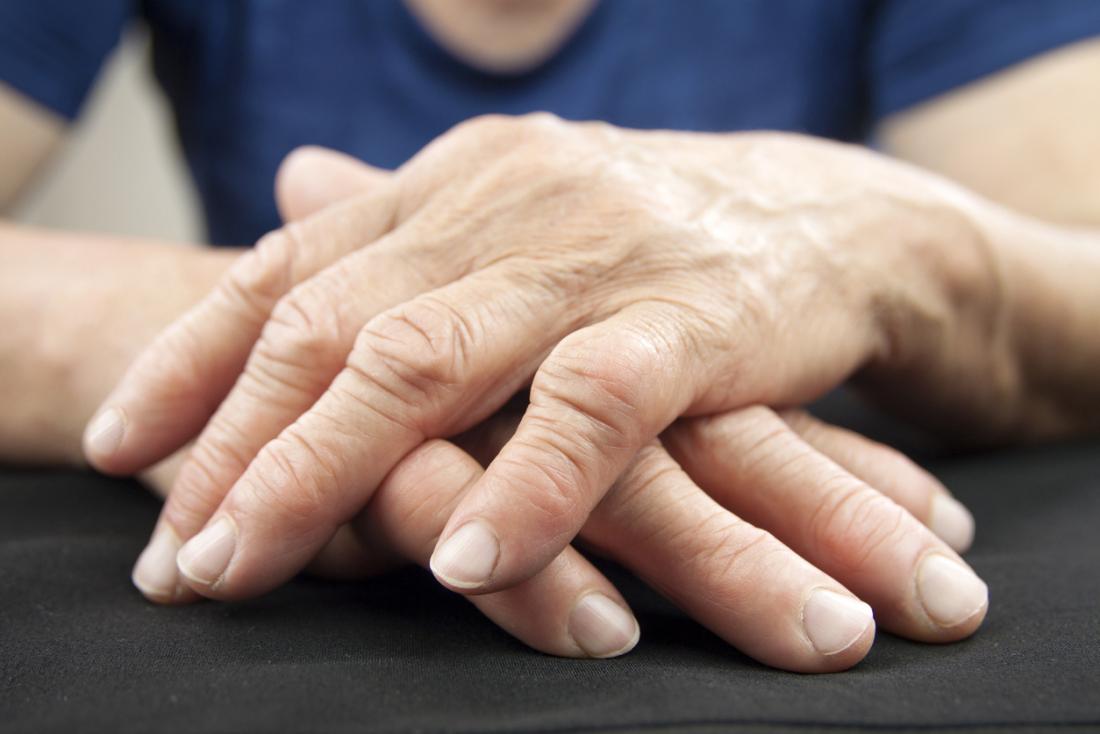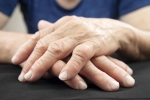
You likely know someone who has arthritis — or perhaps you have it yourself. Arthritis is a common condition. It has wide-ranging effects on multiple areas of the body and can involve any major joint. It most commonly affects the larger joints of the extremities, such as:
- Wrists
- Fingers
- Knees
- Hips
- Ankles
However, arthritis can affect any joint in your body.
What is arthritis?
A lot of information about arthritis has been published over the years. It can be hard to distinguish fact from fiction.
Arthritis isn’t a single disease. The term “arthritis” is used to refer to joint inflammation or joint disease. There are 100 different types of arthritis, all with different manifestations and symptoms.
Arthritis of the hands
Arthritis in your hands affects your wrists and joints in your fingers. You may notice:
- Swelling
- Pain
- Stiffness
- Limited range of motion
You may regularly experience these symptoms, or it may be days or even weeks before you have a flare-up. Over time you might experience chronic pain, and performing simple activities may prove difficult.
Anatomy of the hand
The anatomy of the hand is unique and complex. Arthritis that affects the hand can be painful and debilitating, given the complexity of the hand and the number of joints it contains. Your hands and wrists are made up of several different bones. Two or more bones meet and form a joint. All of the fingers contain three joints except your thumb, which has two.
The bone surface area near the joint is covered with cartilage. Cartilage makes it possible for your bones to pass smoothly against one another as they move. A fibrous capsule lined with a thin membrane called synovium encloses each joint. This structure secretes a fluid, which lubricates the joints.
Connective tissues called ligaments support and connect bones, and make sure they stay in place. Tendons are another form of connective tissue. They connect muscles to bones, which in turn allows the muscles to move your bones. When arthritis strikes the hand, it usually affects these vital parts.
Types of arthritis that affect the hands
There are different types of arthritis that can affect your hands.
Osteoarthritis
Osteoarthritis (OA), the most common form of arthritis, is a chronic, or long-term, condition. If you have OA, the cartilage that cushions the ends of your bones at the joints breaks down. Once the cartilage begins to degrade, your bones rub against each other in the joint area. Stiffness, pain, and loss of movement in the joint are a few common symptoms that you may notice.
Rheumatoid arthritis
Your immune system typically protects you from infection. Rheumatoid arthritis (RA), though, is a chronic inflammatory disease that affects the joints. RA is caused by an attack on the body started by the immune system.
The body’s immune system attacks the synovium, which lines the joints. In addition to joint damage, you will likely notice:
- Pain
- Swelling
- Inflammation
- Loss of function
RA typically affects the wrist and finger joints. In addition to making use of your hands difficult, it can cause deformities, if inflammation continues.
Juvenile arthritis
Many think that arthritis just affects older people, but that isn’t true. Juvenile arthritis is used to describe the disease when it occurs before the age of 16.
There are many different types of juvenile arthritis, and it causes pain and joint swelling in the hands and wrist. Injuries such as broken bones in the hands or ligament, or tendon damage in the hand or wrist can also cause arthritis. Though the injury heals, these areas may have become weakened and more susceptible to arthritis in the future.
Precision Pain Care and Rehabilitation has two convenient locations in the Richmond Hill – Queens and New Hyde Park – Long Island. Call the Richmond Hill office at (718) 215-1888, or (516) 419-4480 for Long Island office, to arrange an appointment with our Interventional Pain Management Specialist, Dr. Jeffrey Chacko.













